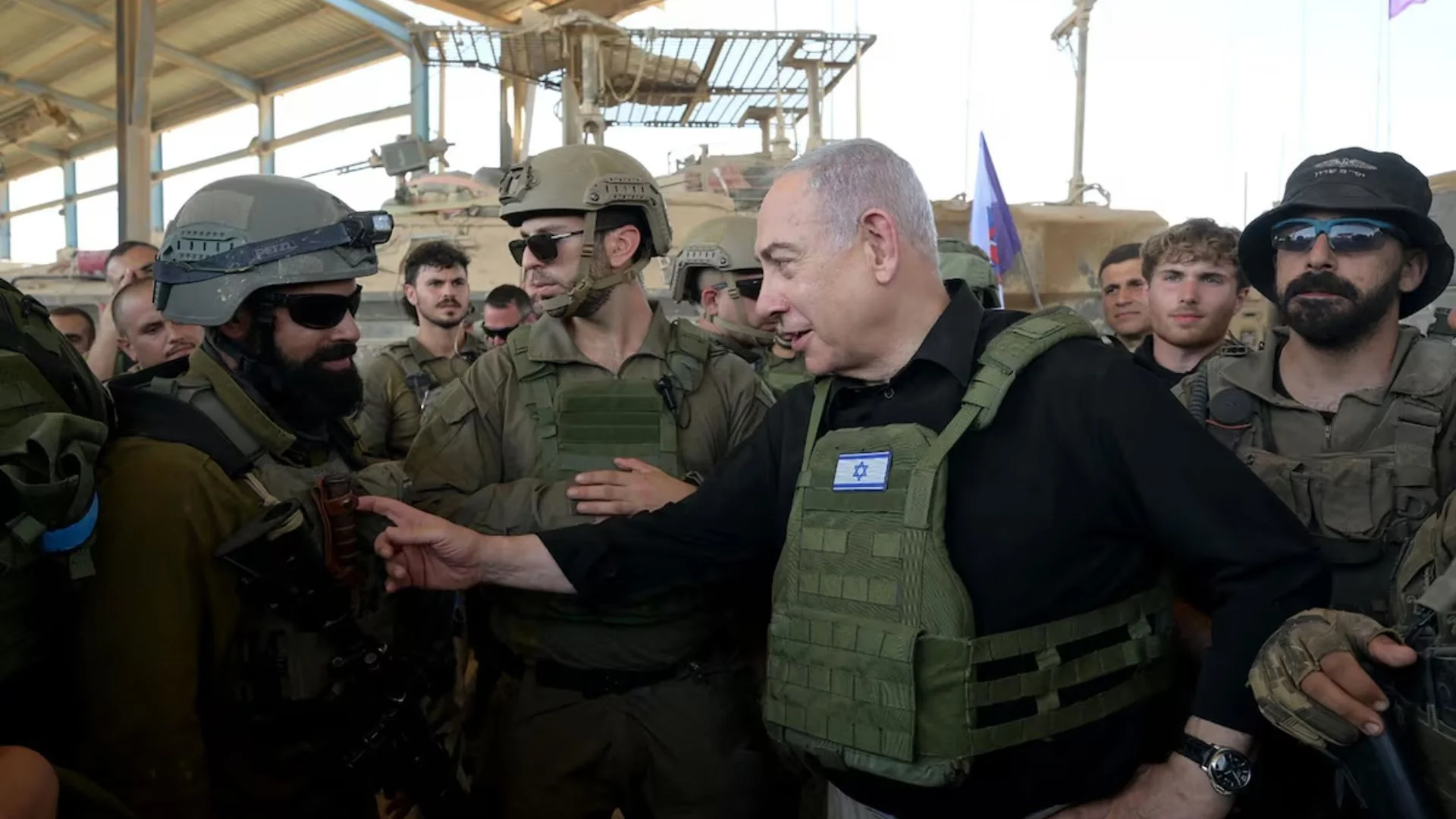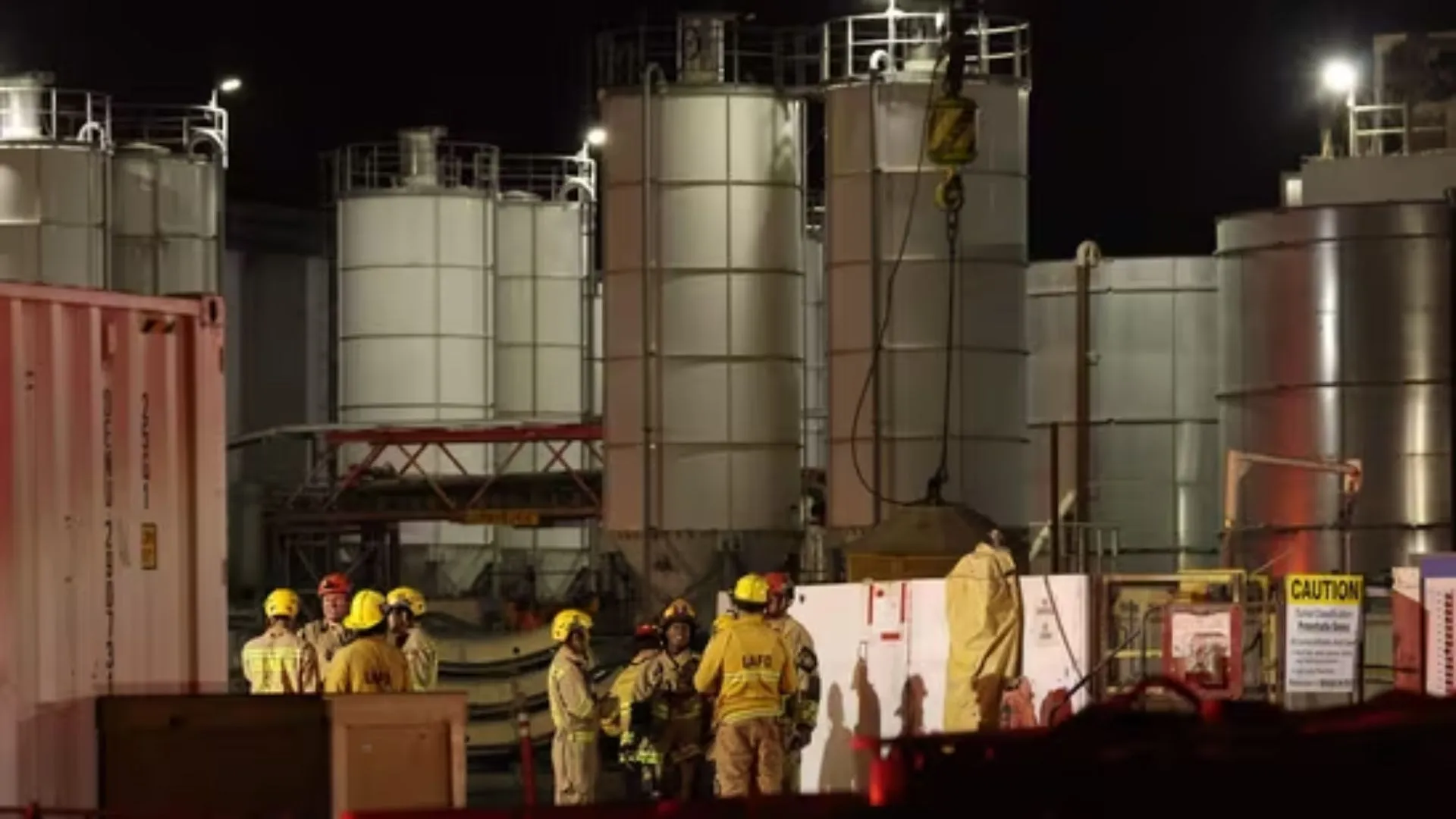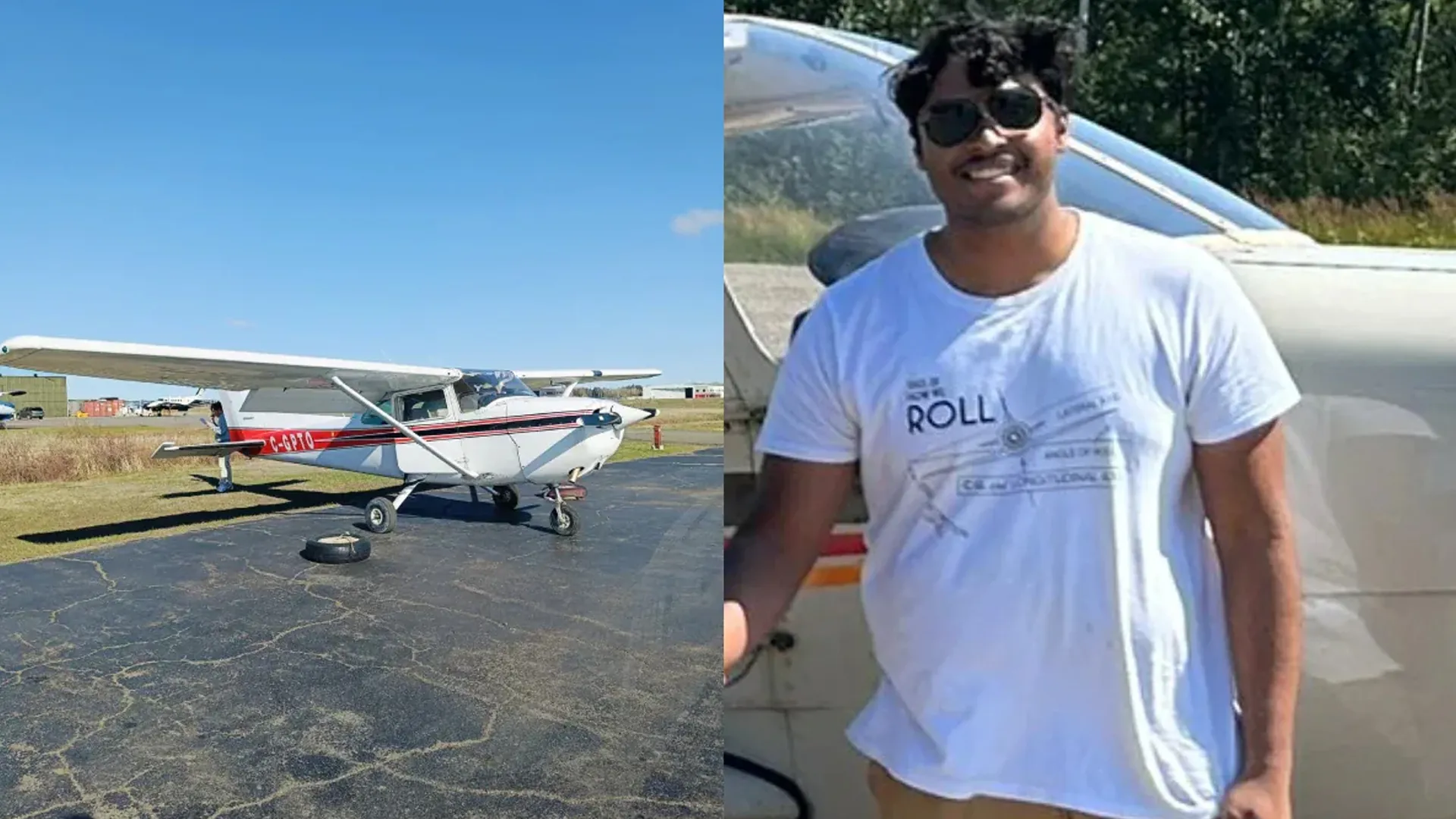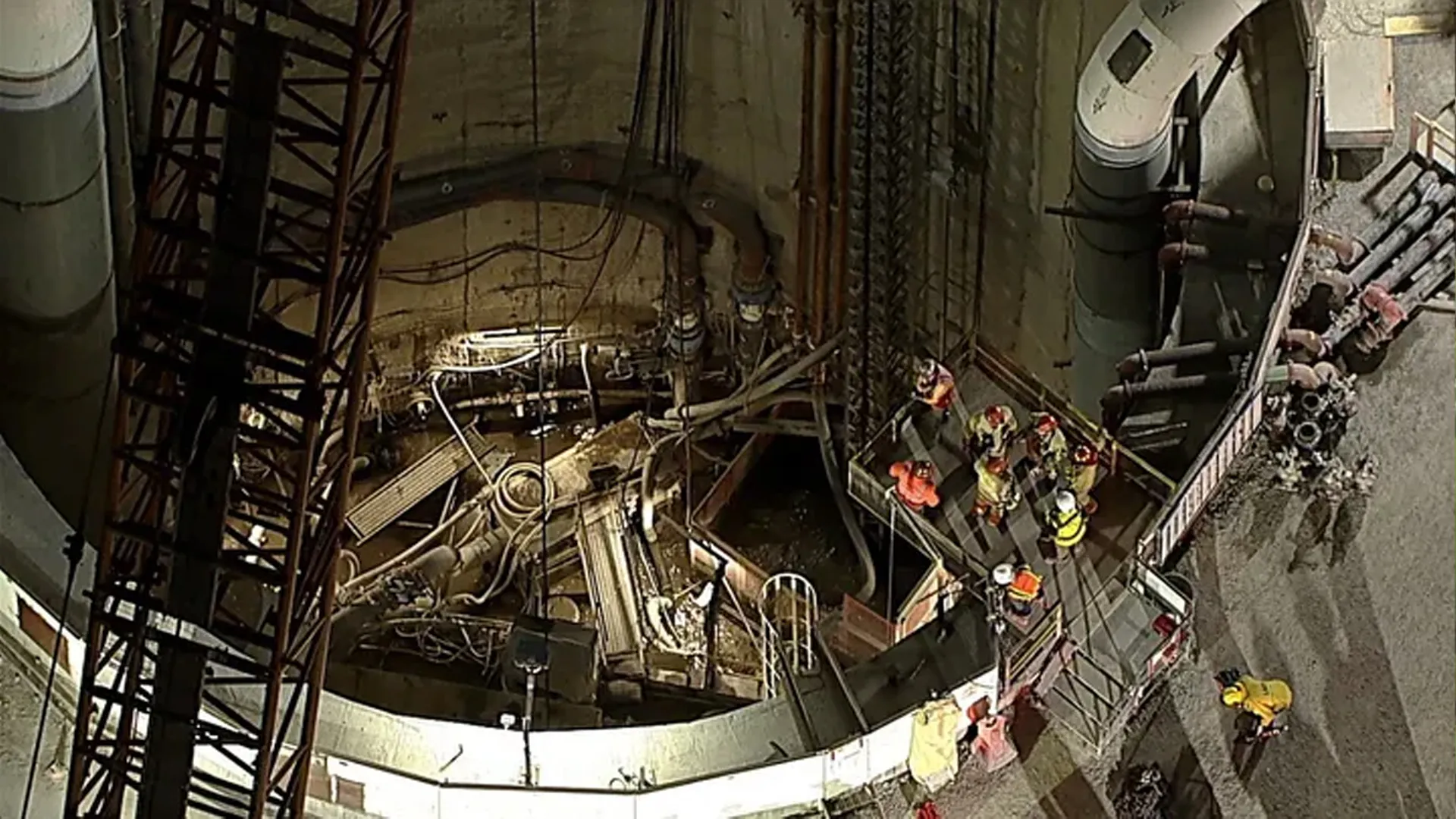Israeli Prime Minister Benjamin Netanyahu has dismissed allegations that military commanders instructed troops to fire on Palestinians seeking humanitarian aid in Gaza, calling the claims “malicious falsehoods.”
The allegations are based on a report by Israeli newspaper Haaretz, which quoted anonymous soldiers as saying they were ordered to shoot at crowds around areas where aid was being distributed, even in the absence of an immediate threat. The report further stated that Israel’s military legal authority, the military advocate general, had ordered an investigation of possible “war crimes” regarding such incidents.
In a statement with Defence Minister Israel Katz, Netanyahu commented that Israel “categorically rejects the contemptible blood libels” contained in the article. The Israeli military also responded, saying it “did not order the forces to shoot specifically at civilians deliberately,” and restated that its orders “forbid deliberate attacks against civilians.”
The row comes as international concern about the humanitarian crisis in Gaza mounts, where over 20 months of continuous Israeli-Hamas conflict have leveled much infrastructure and left over two million residents facing famine conditions.
More than 500 individuals have been killed in the vicinity of the centers since late May, when the US- and Israeli-backed Gaza Humanitarian Foundation initiated the disbursement of aid, according to the Hamas-held health ministry. The foundation does not acknowledge that any deaths have taken place at their distribution points themselves.
Rights activists and witnesses have before described chaotic conditions outside aid centers, where frantic civilians would converge in crowds, increasing the possibility of stampedes or attacks.
In spite of global pressure and demands for answers, Netanyahu stressed that Israeli troops “get clear orders to keep innocents from harm and act accordingly.”
The Israeli defense forces would not comment on the charges in question when asked by AFP.
The incident stokes controversy regarding military behavior and humanitarian access in the blockaded enclave.






















